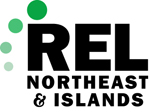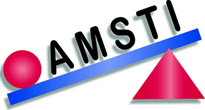EDC Partners with Empirical for Regional Lab in the Northeast

Empirical Education signed on as a partner in the Northeast and the Islands Regional Educational Laboratory, or NEIREL, joining prime contractor Education Development Center of Newton, MA and its other partners, WestEd and AIR. The company’s primary responsibility will be in the area of technical assistance to state and local systems in New England and New York state, as well as the islands–Puerto Rico and the Virgin Islands. Denis Newman, Empirical’s president, commented, “We welcome this opportunity to work with our colleagues at EDC and help them contribute to the research base for their region.” The REL contract is expected to be extended until March 2011.


